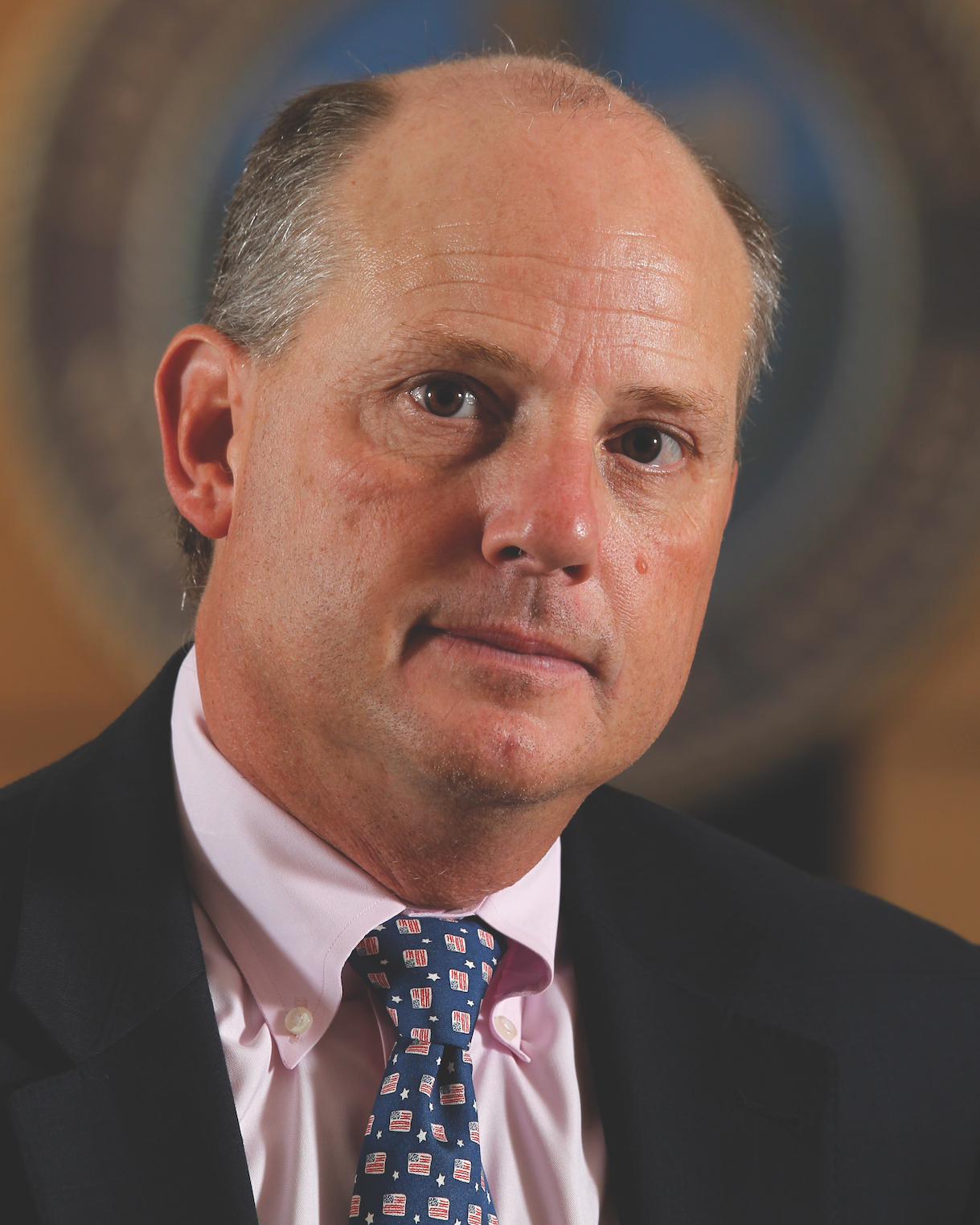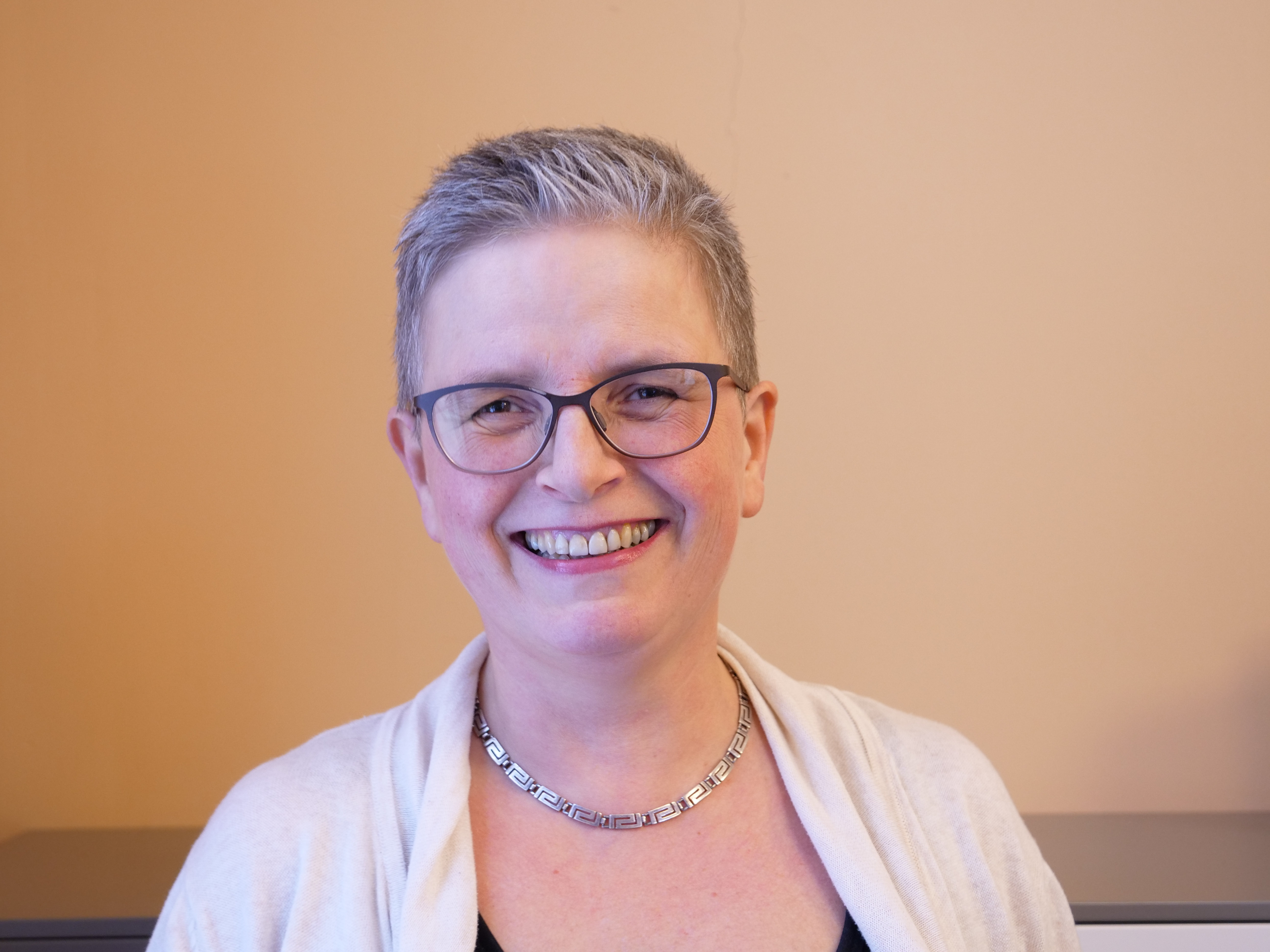Workers being forgotten in ESG – US corporate law expert
Workers should not be forgotten in the move towards sustainability, the former chief justice of the Delaware supreme court has warned.
Leo Strine Jr., a corporate law expert currently at New York law firm Wachtell, Lipton, Rosen & Katz, was speaking at the virtual conference of esela – The legal network for social impact, on Monday.
Addressing fellow lawyers and other impact specialists in his keynote speech, Strine (pictured) outlined the need to move away from shareholder primacy to stakeholder corporate governance. The excessive power given to financial markets in developed economies since the 1980s had led to the loss of “some of the things we were proud of” in terms of worker protection and social safety net, he said, eventually leading to extreme inequality.
 “We created a world trading system in which we didn’t embed environmental or labour protections,” he said. In recent years, as the left-behind workforce turned to populism, Trump and Brexit, he added, established companies and institutional investors, which were “starting to feel the simmering boil of discontent”, started to call for corporate governance to take into account the best interests of all stakeholders, in particular workers.
“We created a world trading system in which we didn’t embed environmental or labour protections,” he said. In recent years, as the left-behind workforce turned to populism, Trump and Brexit, he added, established companies and institutional investors, which were “starting to feel the simmering boil of discontent”, started to call for corporate governance to take into account the best interests of all stakeholders, in particular workers.
Making these appeals a reality required shifts at different levels, Strine said, and the most important was to not forget workers along the way – in particular when talking about ESG (environmental, social and governance) criteria. Companies are increasingly expected to disclose their ESG performance to demonstrate their efforts towards sustainability. However, Strine said, this rarely focused on workers.
“Don’t get too high-minded that you talk about ESG, because ESG is actually an investor word for moving away from corporate social responsibility. It’s a much more investor-oriented approach. It’s not coincidental that it doesn’t cover workers.”
He added that no company could do good unless it treated “the people most responsible for its success, and most responsible for the success of a market-based system, with respect – and that’s the workers.” Instead, he said he supported employee, environmental, social and governance (EESG) as an instrument of measure. “Some people say [workers] are buried in the S… Workers should be taken out of the S. And get their own letter.”
Where the power lies
Strine said it was essential to focus on the connection between power and purpose: looking at where the power lies and whether that enables or impedes the purpose to be fulfilled.
“Talking about respecting stakeholders while allocating all real power to stockholders, and by not requiring the stockholders who represent other people – namely the institutional investors – to actually respect stakeholders is a recipe for naive disaster. It’s high-minded ignorance.”
ESG is actually an investor word for moving away from corporate social responsibility
Institutional investors should be held to the same ‘EESG’ disclosure standards as corporations, Strine said. “The real power of these days is not in the companies, it’s in the people in the middle. Huge institutions… have the capital of working people. But their power has not been matched by corresponding responsibility.”
Institutions shouldn’t be “lecturing companies about EESG when something goes wrong” while not applying these very principles themselves behind the scenes, he continued.
“If we want to move towards mandatory stakeholder governance, then the folks who hold everyone’s capital… need to be as accountable as everyone else.”
Stakeholder capitalism in doubt
Beate Sjåfjell (pictured), a professor at the University of Oslo who also heads up its research on companies, said one should be wary when talking about stakeholder governance models, as they weren’t necessarily a guarantee of sustainability. 
Speaking at another Esela panel discussion on Monday, she said: “I’m against seeing the ‘inclusion of stakeholders’ as the answer... We have to be careful that we don’t move from shareholder primacy to stakeholder primacy”. Including stakeholders on boards was useful, but she warned that they were not always best-placed to make decisions – which also depended on how one defined one’s stakeholders, she said.
“We should have no more respect for stakeholders than we have for shareholders. Shareholders and other stakeholders are important, but they don’t guarantee sustainability, quite the opposite.”
Sjåfjell explained that she spoke to “a large financial institution” in Europe that wanted to integrate a research-based framework into their governance. They did this consulting their stakeholders – which the firm defined as their customers and shareholders. “Are they the best-placed to do this? No,” she said.
The answer to sustainability lay in changes to mainstream corporate law instead, Sjåfjell said, to require companies to produce audited sustainability reports which would be taken as seriously as their financial results.
Pioneers Post is a media partner of the esela Virtual Conference, which continues until 31 March.
Thanks for reading our stories. As an entrepreneur or investor yourself, you'll know that producing quality work doesn't come free. We rely on our subscribers to sustain our journalism – so if you think it's worth having an independent, specialist media platform that covers social enterprise stories, please consider subscribing. You'll also be buying social: Pioneers Post is a social enterprise itself, reinvesting all our profits into helping you do good business, better.




